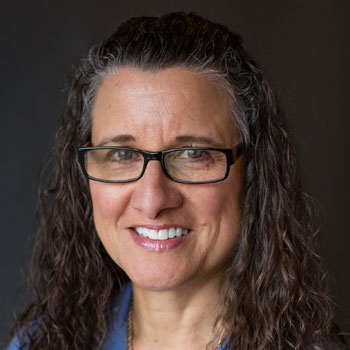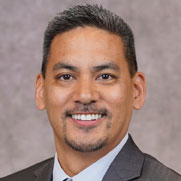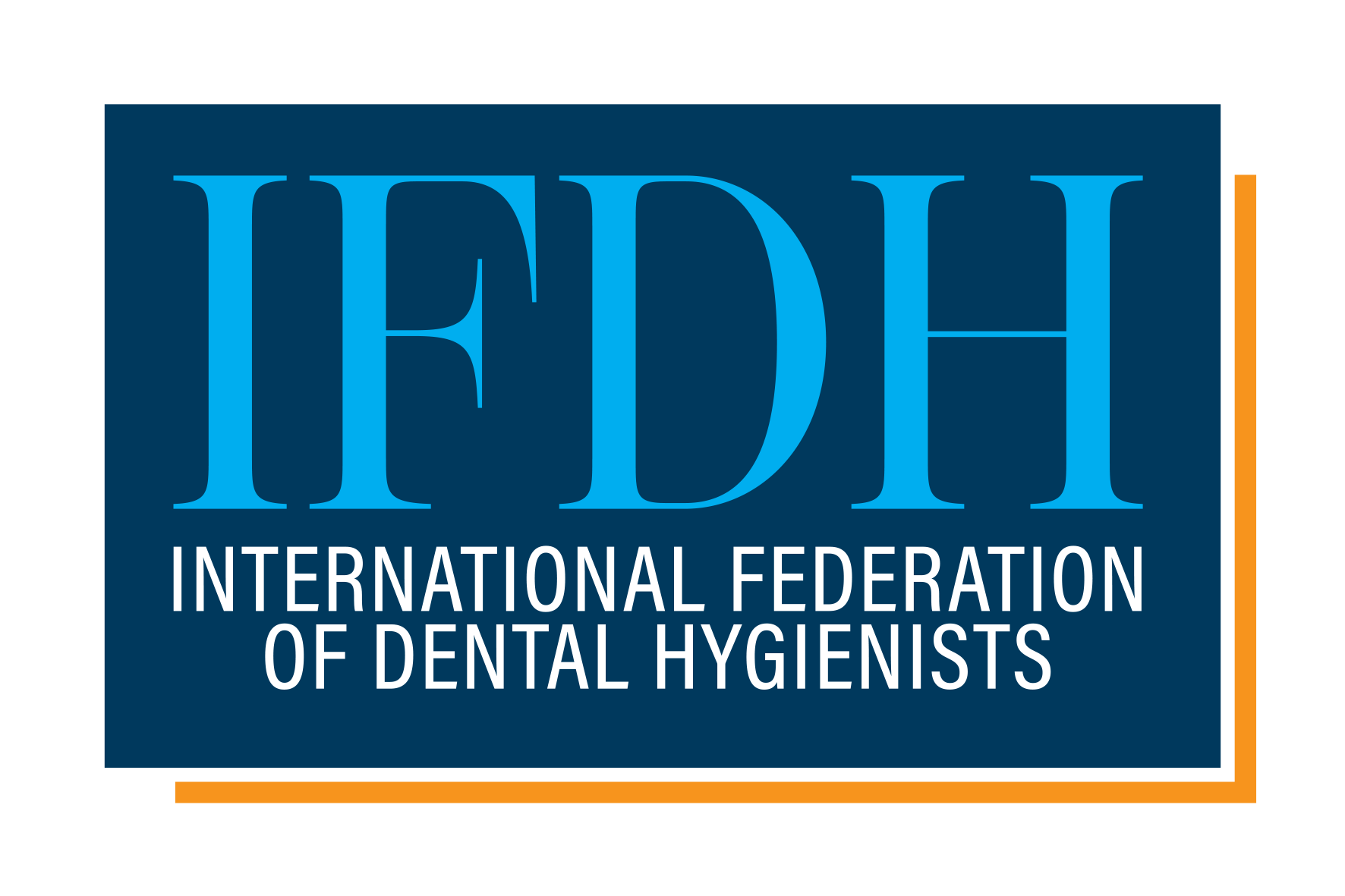IFDH Research Grant Program
The purpose of this program is to promote experience in the research process and dissemination of findings contributing to the dental hygiene body of knowledge.
This grant program will provide small grants for students enrolled in dental hygiene graduate programs conducting thesis research. Students will submit a mini-proposal for consideration. Small grants will be provided (maximum up to $2000) and projects may not be fully funded. Applications are accepted on a rolling basis until all funds are granted.

2020 Awardees:

Dennis Chen
The University of Sydney School of Dentistry Australia
Exploring the career pathways of oral health therapists in Australia.
This study investigates the factors influencing career choices in Australian oral health therapists (OHTs), who are dually qualified in dental therapy and hygiene. The objectives are to understand the enablers and barriers to OHTs practicing full scope and pursuing non-clinical and clinical careers.The research team examines the underlying issues that limit oral health therapists from fully utilizing their scope of practice and understands how these issues could be addressed for the purpose of a better workforce utilization. In addition, this study also explores the reasons behind OHTs who pursued a career in another profession such as dentistry.

Maria Kallal
University of Alberta Canada
Understanding the patient and volunteer student experience after participating in a free-service inner-city dental clinic.
Volunteer-students established an inner-city free-service dental clinic to reduce oral health discrepancies among the low-income. However, evaluation of the dental clinic is limited regarding how it impacts student learning and the community it aims to serve.The purpose of this multi-method study is to explore student and patient perspectives of the dental clinic. We aim to gain insight into the oral health needs of low-income individuals, explore how the clinic affects access to oral health care for attending patients, and gain insight into the student volunteer experience. Findings will inform quality improvement strategies both for students and patients.

Lauren Mirsky
Idaho State University USA
Understanding Oral Care Experiences of Young Adults with Autism Spectrum Disorder.
The purpose of this study was to understand the oral health care experiences of young adults who have autism spectrum disorder (ASD). A qualitative descriptive research design was used. Participants were recruited through purposive and snowball sampling procedures. Semi-structured interviews were performed and audio-recorded. Data were analyzed simultaneously with data collection.Fifteen individuals participated in the study; ten males and five females. Participants revealed a range of feelings related to their oral care experiences from positive to neutral to negative. Individuals reported that improvements in communication were needed; some did not wish to disclose their ASD diagnosis with their oral care providers. Multiple auditory, visual, and tactile sensory challenges were experienced.Additional research is needed to further explore this phenomenon from the perspective of those individuals with ASD who are non-verbal and from the experience of oral health care professionals who are working with young adults with developmental disabilities.

Brian Partido
Trident University International at American University International USA
Relationship between original research experiences and evidence-based practice among undergraduate dental hygiene students.
Engaging dental hygiene students in research experiences as undergraduate students may increase interest and overcome barriers to graduate education and improve the implementation of evidence-based practice.The purpose of this study was to explore the relationships between original research experiences and evidence-based practice among undergraduate dental hygiene students. Gaining improved understanding of the benefits of research experiences among undergraduate dental hygiene students will help determine whether efforts should be increased to improve access to research activities that expand interest in dental hygiene research and enhance the implementation of evidence-based dental hygiene practice.
Previous Winners
Menu





